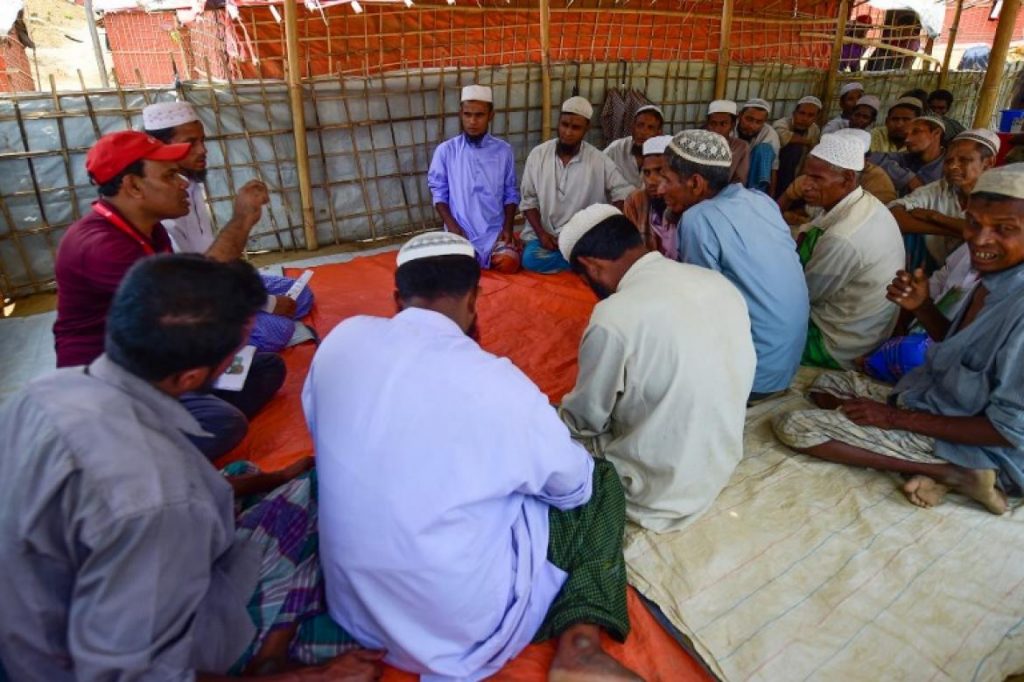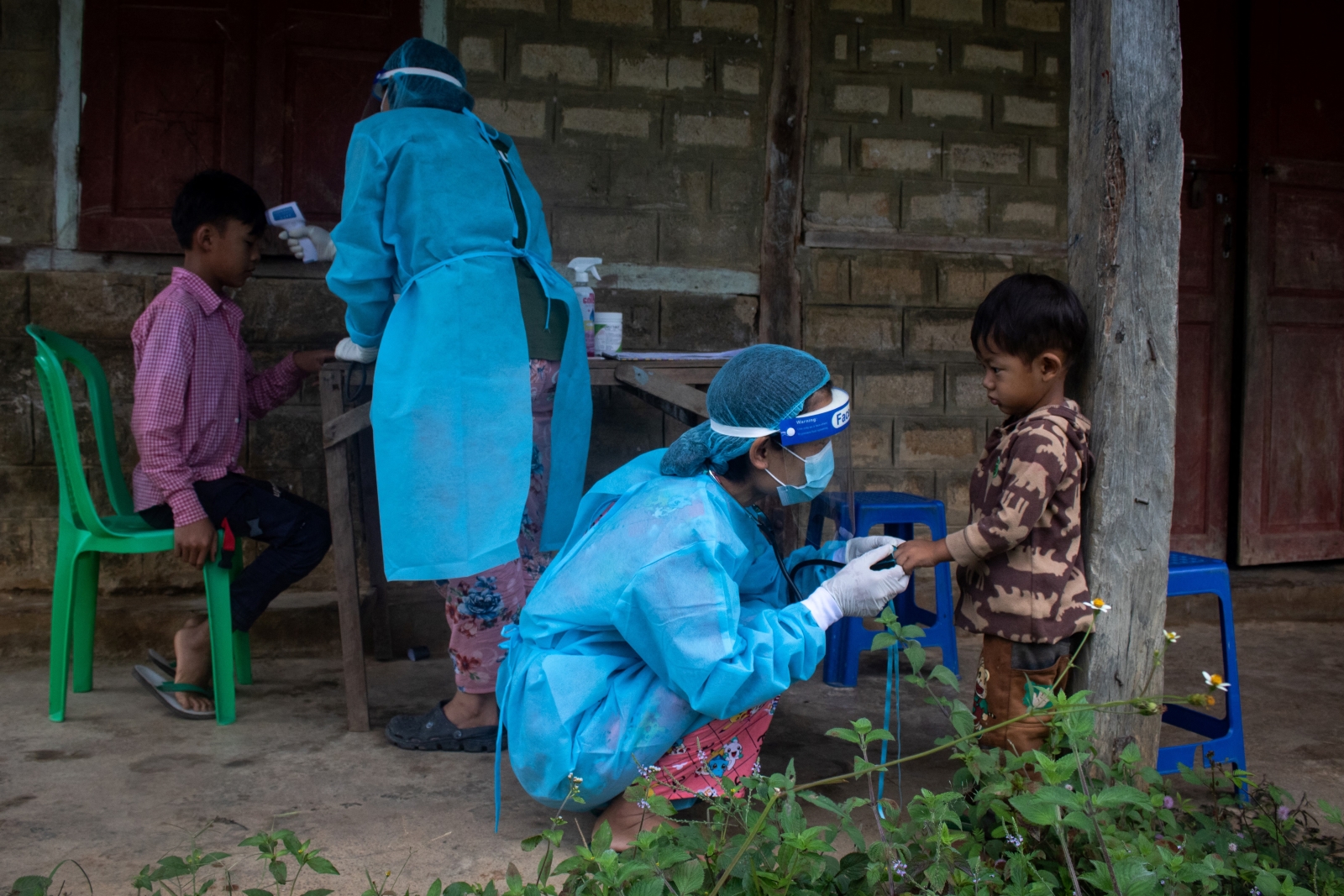By OLIVER SLOW | FRONTIER
YANGON — Two dozen Rohingya organisations have criticised the Myanmar government and United Nations for failing to consult community representatives over a repatriation agreement signed last week.
The government signed the memorandum of understanding with the UN refugee agency and the UN Development Programme in Nay Pyi Taw on June 6. The UN said the agreement was a first step towards repatriating an estimated 700,000 people — mainly Rohingya – from Bangladesh but few details have been released.
However, many in the Rohingya community, including those in Bangladesh, have expressed concern about the agreement.
In a statement released on Sunday, Rohingya groups raised three concerns about the deal: that it did not address the “root causes” of the crisis, particularly the lack of citizenship for most Rohingya in Myanmar; that Rohingya representatives were not consulted in the process; and that the text of the agreement has not been made public.
Support more independent journalism like this. Sign up to be a Frontier member.
“People are worried that they will go back without any rights or justice, like they did before,” a Rohingya man living in the Kutupalong camp in Bangladesh’s Cox’s Bazar told Frontier on condition of anonymity. He was referring to previous attempts to return Rohingya from Bangladesh that have also been heavily criticised.
The June 10 statement said that for anyone to return, refugees require “full international protection and guarantee[s] of their safety, dignity, and full citizenship and all accompanying rights” that would enable them to live in Rakhine State.
It said that previous repatriation agreements signed between Myanmar and the UN had failed to provide adequate protection for Rohingya refugees. The statement also called for their homes to be rebuilt, and international protection “by state and regional actors, as well as UN peace-keeping forces”, and for the perpetrators of crimes to be referred to the International Criminal Court.
Mr Knut Ostby, UN Resident and Humanitarian Coordinator in Myanmar, told Frontier that UNHCR and UNDP signed the MoU with the Myanmar government in order “to support the creation of conditions in Rakhine State favourable to voluntary, safe, dignified and sustainable return of refugees who fled violence”.
“The conditions we agreed to help create under this MoU are fully in line with the recommendations of the Rakhine Advisory Commission on issues such as safety, freedom of movement, access to services, a clear and voluntary path to citizenship, and sustainable solutions for peaceful co-existence among the different communities in Rakhine,” he said.
“The MoU is a legal agreement establishing a framework for cooperation between UNHCR, UNDP and the Government of the Union of Myanmar. The three parties are in discussion about publicly releasing the contents of the MoU. Such a decision would require consent of all three parties. Both UN agencies expect to engage in consultations with stakeholders, including the refugees in Bangladesh, and all communities in Rakhine.”
The statement was published two days after an exclusive interview with State Counsellor Daw Aung San Suu Kyi was broadcast by Japanese media outlet NHK. In the interview, Aung San Suu Kyi said building trust on the repatriation was a “two-way business”.
“I don’t think it’s just up to Myanmar to establish trust. I think the other side also has to take necessary steps in order to establish trust,” she said, saying Bangladeshi authorities had not distributed the correct forms to refugees.
She also said that her government had carried out all of its responsibilities in line with the MoU.
“If you study the MoU, if you look at what we’ve been doing, I think you’ll find that we have carried out all our responsibilities,” she said. “But trust is not something that you can create just by signing a piece of paper, and it’s the people who have to take a risk on whether or not the situation is trustworthy.”
Meanwhile, prominent Rohingya lawyer U Kyaw Hla Aung has been announced as the winner of the prestigious Aurora Prize, which recognises those who are “advancing humanitarian causes in the face of adversity”. The award includes a US$100,000 grant and the opportunity to nominate three organisations to share a $1 million donation.
According to reports, Kyaw Hla Aung’s nominated charities are Medecins Sans Frontieres UK, Mercy Malaysia and the Internaitonal Catholic Migration Commission.
Editor’s note: This story has been updated to include comments from the UN Resident and Humanitarian Coordinator in Myanmar







